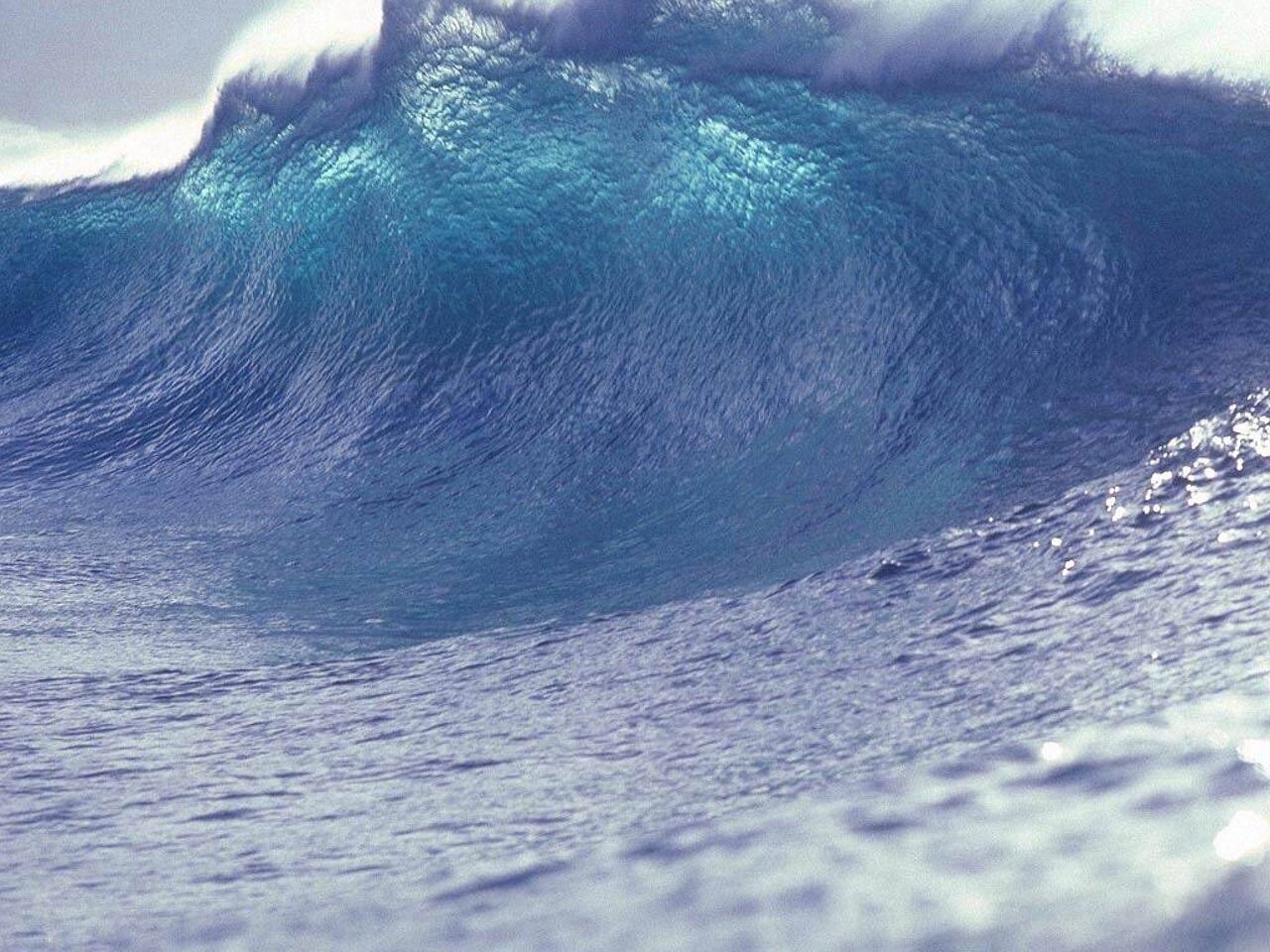California Coast Tsunami Vulnerability: A Detailed Regional Analysis

Welcome to your ultimate source for breaking news, trending updates, and in-depth stories from around the world. Whether it's politics, technology, entertainment, sports, or lifestyle, we bring you real-time updates that keep you informed and ahead of the curve.
Our team works tirelessly to ensure you never miss a moment. From the latest developments in global events to the most talked-about topics on social media, our news platform is designed to deliver accurate and timely information, all in one place.
Stay in the know and join thousands of readers who trust us for reliable, up-to-date content. Explore our expertly curated articles and dive deeper into the stories that matter to you. Visit Best Website now and be part of the conversation. Don't miss out on the headlines that shape our world!
Table of Contents
California Coast Tsunami Vulnerability: A Detailed Regional Analysis
A looming threat? Understanding the tsunami risk along California's diverse coastline.
California's stunning coastline, renowned for its picturesque beaches and dramatic cliffs, harbors a hidden danger: the ever-present threat of a tsunami. While the Pacific "Ring of Fire" constantly reminds us of seismic activity, the specific vulnerabilities of different regions along the California coast often remain unaddressed. This detailed regional analysis explores the varying levels of risk, highlighting critical areas and outlining preparedness strategies.
Understanding the Tsunami Threat in California
Tsunamis, devastatingly powerful ocean waves, are most often triggered by underwater earthquakes, but can also result from volcanic eruptions or landslides. California's location along the active Pacific Ring of Fire makes it particularly susceptible. The magnitude of a potential tsunami, and its impact on a specific region, depends on several factors including the earthquake's epicenter, magnitude, depth, and the coastal topography.
Regional Variations in Tsunami Risk:
California's diverse coastline means that tsunami risk is far from uniform. We can divide the coast into several key areas to analyze the threat more effectively:
1. Northern California (Mendocino to Oregon border): This region faces a significant risk from both locally generated tsunamis and distant events originating in the Pacific Basin (like those from Alaska or Japan). The Cascadia Subduction Zone, a major fault line capable of generating massive earthquakes, lies just offshore, posing a considerable threat. Coastal communities in this area need robust early warning systems and evacuation plans.
2. Central California (Monterey Bay to Big Sur): While not as directly exposed to the Cascadia Subduction Zone as Northern California, Central California still faces a considerable risk. The region's complex coastline, with its combination of bays, inlets, and cliffs, can amplify the impact of a tsunami. Local earthquakes also present a localized threat.
3. Southern California (Santa Barbara to Mexico border): Southern California's risk, while lower than that of Northern and Central California, is still significant. The region is more exposed to distant tsunamis than to locally generated ones. However, the densely populated coastal areas mean that even a moderate tsunami could cause considerable damage and loss of life.
Key Factors Determining Regional Vulnerability:
- Proximity to fault lines: Regions closer to major fault lines like the Cascadia Subduction Zone are at higher risk.
- Coastal topography: Bays, inlets, and narrow coastal plains can amplify the height and destructive power of a tsunami wave.
- Infrastructure: The quality and resilience of coastal infrastructure, including buildings, roads, and seawalls, significantly impacts a region's vulnerability.
- Preparedness levels: Effective early warning systems, evacuation plans, and community education are critical in mitigating the impact of a tsunami.
Improving Tsunami Preparedness in California:
California has made strides in improving its tsunami preparedness, but ongoing efforts are vital. This includes:
- Investing in advanced early warning systems: Utilizing seismic sensors and ocean-bottom pressure sensors to provide quicker and more accurate tsunami warnings.
- Developing and regularly updating evacuation plans: Ensuring clear and readily accessible evacuation routes and assembly points for coastal communities.
- Strengthening building codes: Implementing stricter building codes to ensure coastal structures can withstand the force of a tsunami.
- Educating the public: Promoting awareness of tsunami risks and preparedness measures through educational campaigns and community outreach programs.
Conclusion:
The threat of a tsunami along the California coast is a serious concern that demands ongoing attention. By understanding the regional variations in vulnerability and investing in comprehensive preparedness strategies, California can significantly reduce the potential impact of a future tsunami and safeguard its coastal communities. Learn more about your local tsunami risk by visiting your county's emergency management website. Staying informed and prepared is the best defense against this powerful natural hazard.

Thank you for visiting our website, your trusted source for the latest updates and in-depth coverage on California Coast Tsunami Vulnerability: A Detailed Regional Analysis. We're committed to keeping you informed with timely and accurate information to meet your curiosity and needs.
If you have any questions, suggestions, or feedback, we'd love to hear from you. Your insights are valuable to us and help us improve to serve you better. Feel free to reach out through our contact page.
Don't forget to bookmark our website and check back regularly for the latest headlines and trending topics. See you next time, and thank you for being part of our growing community!
Featured Posts
-
 Multi State Salmonella Outbreak Traced To Eggs Dozens Sickened
Jun 09, 2025
Multi State Salmonella Outbreak Traced To Eggs Dozens Sickened
Jun 09, 2025 -
 Trump Billboards In Damascus A Controversial Display In Syria
Jun 09, 2025
Trump Billboards In Damascus A Controversial Display In Syria
Jun 09, 2025 -
 New Red Sox Players Controversial Comment Targets Yankees
Jun 09, 2025
New Red Sox Players Controversial Comment Targets Yankees
Jun 09, 2025 -
 Red Sox Rookies Bold Words Fuel Boston New York Rivalry
Jun 09, 2025
Red Sox Rookies Bold Words Fuel Boston New York Rivalry
Jun 09, 2025 -
 Arizona Vs Unc Lucass G2 Impact And Game Highlights
Jun 09, 2025
Arizona Vs Unc Lucass G2 Impact And Game Highlights
Jun 09, 2025
Latest Posts
-
 Flint Water Crisis Lead Pipes Replaced But Health Concerns Remain After A Decade
Aug 05, 2025
Flint Water Crisis Lead Pipes Replaced But Health Concerns Remain After A Decade
Aug 05, 2025 -
 Ten Years Post Crisis Flints Water Safety Under Scrutiny Despite Lead Pipe Replacement
Aug 05, 2025
Ten Years Post Crisis Flints Water Safety Under Scrutiny Despite Lead Pipe Replacement
Aug 05, 2025 -
 India And England Clash In Day 5 Decider Live Cricket Updates
Aug 05, 2025
India And England Clash In Day 5 Decider Live Cricket Updates
Aug 05, 2025 -
 Daegu Fc Vs Barcelona Pre Match Preview Lineup Predictions And Betting Odds
Aug 05, 2025
Daegu Fc Vs Barcelona Pre Match Preview Lineup Predictions And Betting Odds
Aug 05, 2025 -
 Daegu Fc Vs Barcelona Expert Prediction And Starting Lineups Analysis
Aug 05, 2025
Daegu Fc Vs Barcelona Expert Prediction And Starting Lineups Analysis
Aug 05, 2025
